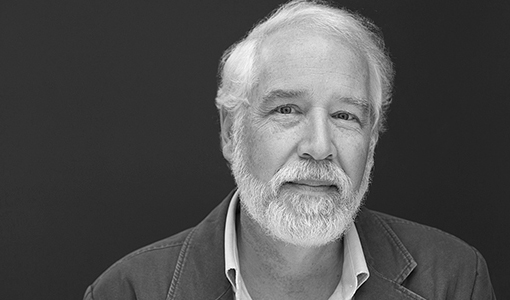July 26, 2011 — Historian Ernest Freeberg, distinguished professor of the humanities at The University of Tennessee, Knoxville, discusses his book, “Democracy’s Prisoner: Eugene V. Debs, the Great War, and the Right to Dissent.” Freeberg examines the clampdown on free speech in the United States during World War I through the experience of five-time presidential candidate for the Socialist Party, Eugene Debs. As Freeberg discusses in the interview, Debs was sent to federal prison after speaking out against the war (and allegedly turning young men into “slackers”). The imprisonment of Debs and many others during this period sparked a national debate about the limits of free speech. Should “national security,” many Americans asked, trump an individual’s right to dissent?
Note: The above dateline refers to this interview’s original airdate on WRCT-Pittsburgh. It was uploaded unchanged to Remapping Debate in March 2013.

